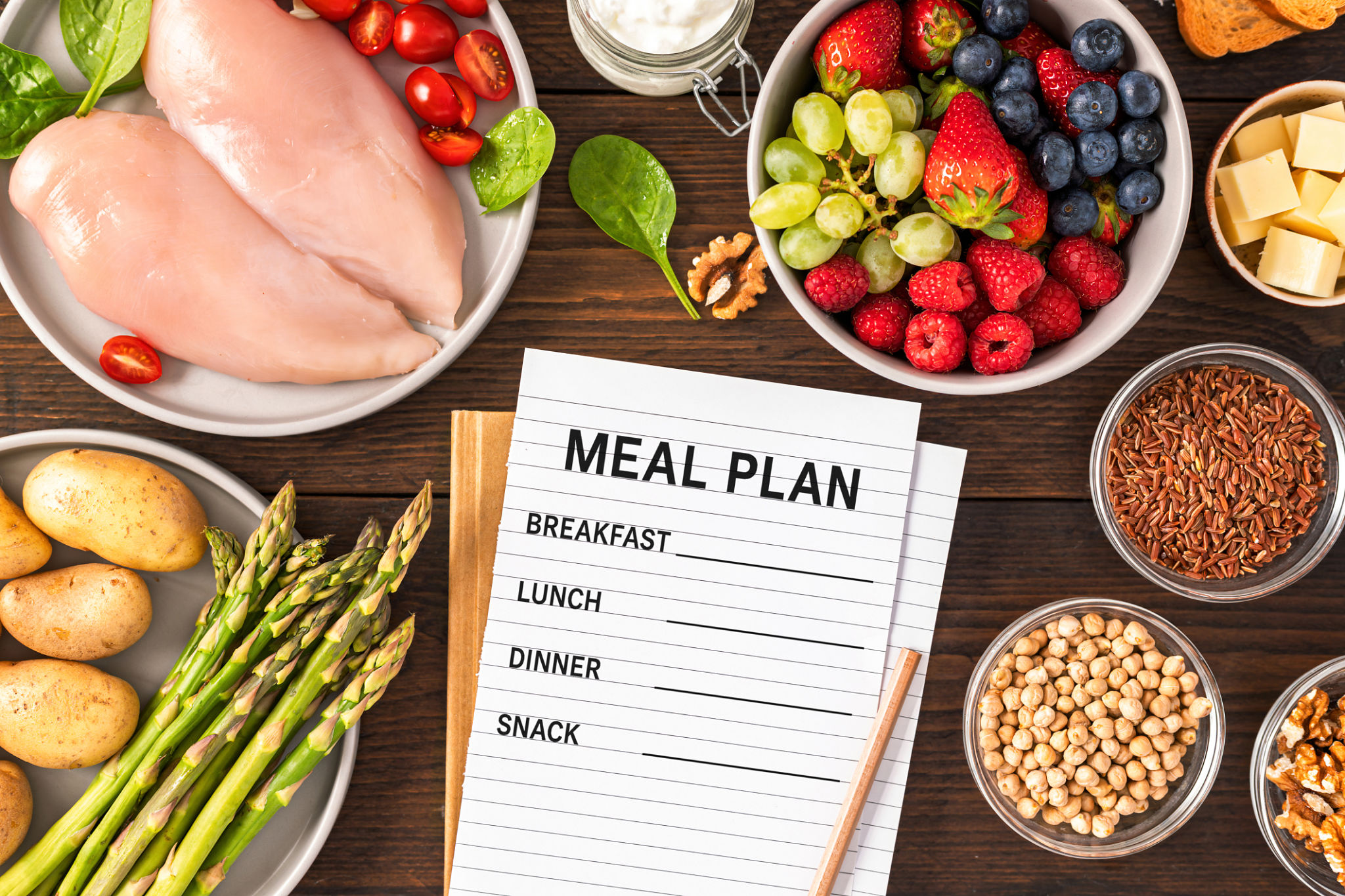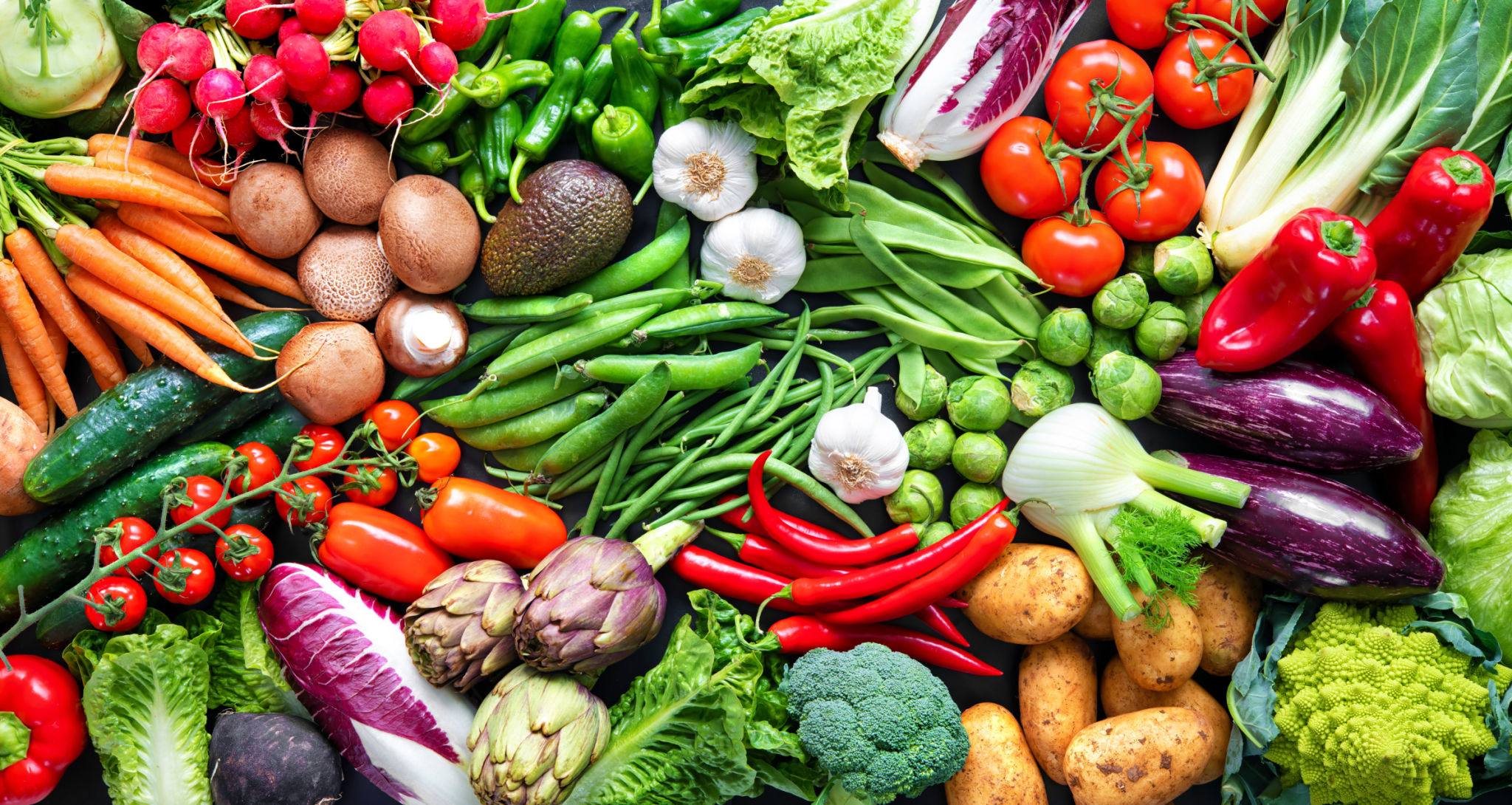Expert Tips for Transitioning to a Non-Processed Diet
Understanding the Basics of a Non-Processed Diet
Transitioning to a non-processed diet can seem daunting at first, but understanding the basics can make the journey smoother. A non-processed diet focuses on consuming foods in their most natural state, minimizing the intake of refined sugars, preservatives, and artificial ingredients. This diet encourages whole grains, fresh fruits and vegetables, lean proteins, and healthy fats.
At its core, the goal is to nourish your body with foods that are as close to their natural form as possible. This means choosing whole foods that are not altered or refined. The benefits of such a diet are numerous, including improved digestion, increased energy levels, and better overall health.

Start with Small Changes
Transitioning to a non-processed diet doesn't mean you need to overhaul your entire pantry overnight. Begin with small, manageable changes. Start by replacing highly processed snacks with whole food alternatives. For instance, choose a piece of fruit or a handful of nuts instead of reaching for a bag of chips or cookies.
Another effective strategy is to gradually incorporate more whole grains into your meals. Swap white rice for brown rice or quinoa, and choose whole-grain bread over white bread. These small swaps can have a significant impact over time.
Plan Your Meals
Planning your meals in advance can be a game-changer when transitioning to a non-processed diet. By preparing your meals at home, you have complete control over the ingredients used. This reduces the temptation to reach for convenience foods that are often loaded with preservatives.
Create a weekly meal plan that includes a variety of proteins, vegetables, and whole grains. This not only helps in sticking to your dietary goals but also saves time and reduces stress during busy weekdays.

Read Labels Carefully
When shopping for groceries, pay close attention to food labels. Avoid products with long lists of ingredients that you can't pronounce or recognize. Instead, opt for items with minimal ingredients. The fewer the ingredients, the less processed the food likely is.
Be particularly cautious of hidden sugars and sodium in packaged foods. Even items marketed as "healthy" can sometimes contain excessive amounts of these additives. Prioritizing fresh produce and unprocessed meats can help avoid these pitfalls.
Embrace Whole Foods
Whole foods are the cornerstone of a non-processed diet. These include fresh fruits and vegetables, whole grains, nuts, seeds, and lean proteins like fish and poultry. Incorporate a variety of colors and textures into your meals to keep things interesting and nutritionally balanced.

Experiment with different cooking methods such as steaming, grilling, or roasting to bring out the natural flavors of your ingredients. This not only enhances taste but also retains the nutritional integrity of the food.
Stay Hydrated
A critical but often overlooked aspect of a healthy diet is proper hydration. Water is the best choice when aiming to reduce processed intake from sugary drinks and sodas. Staying hydrated helps maintain energy levels and supports overall bodily functions.
If plain water seems unappealing, try infusing it with slices of lemon, cucumber, or mint for a refreshing twist. Herbal teas are another great alternative for staying hydrated without added sugars.
Seek Support and Stay Committed
Finally, remember that change takes time and patience. Seek support from friends or family members who might also be interested in adopting a healthier lifestyle. Sharing recipes and tips can make the transition more enjoyable and sustainable.
Celebrate small victories along the way and stay committed to your goals. Over time, you'll likely find that not only does your health improve, but your relationship with food becomes more positive and mindful.

